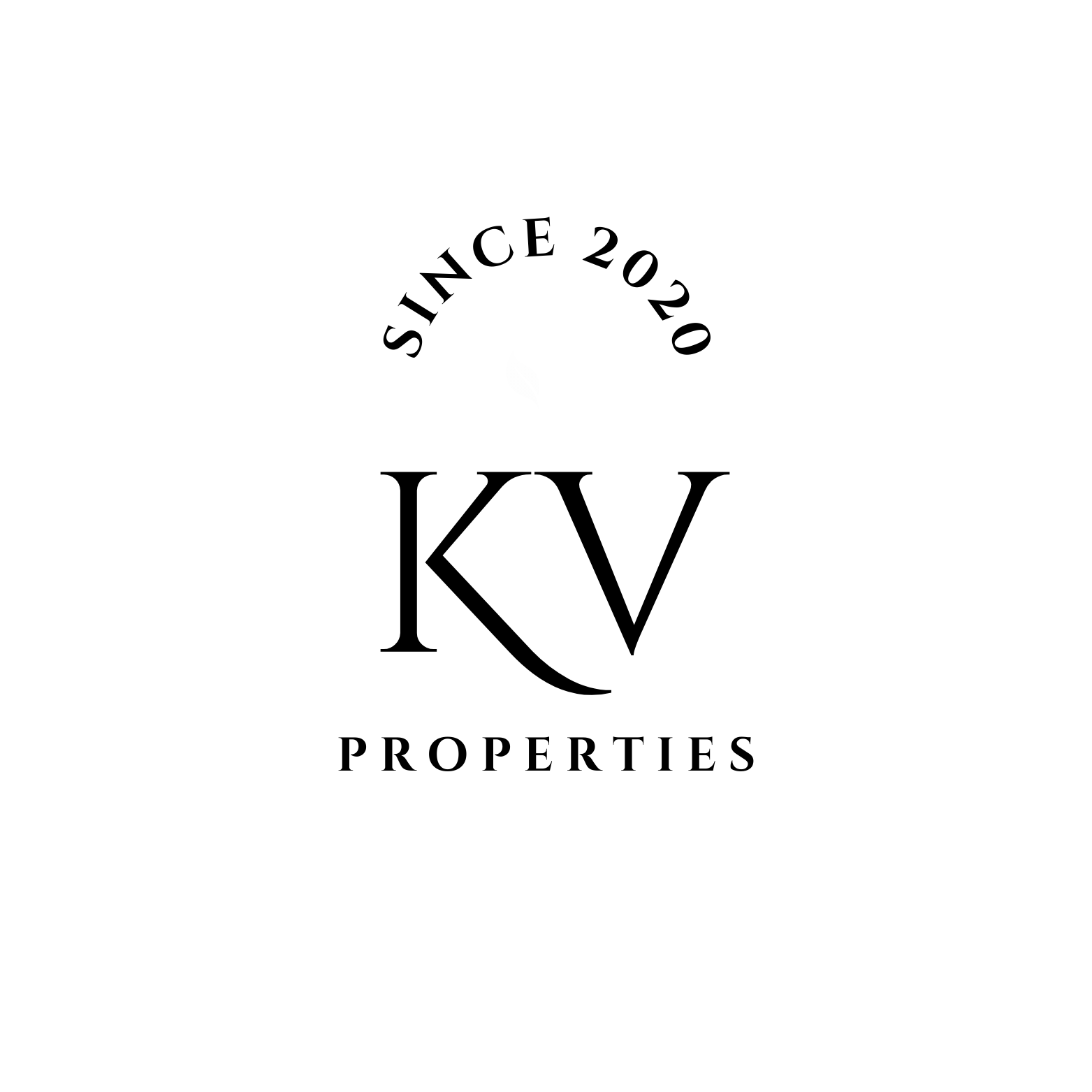🏡 Can H-1B or F-1 Visa Holders Buy a Home in the U.S.? (2025 Houston Guide)
Buying a home is one of the biggest financial decisions anyone can make — and if you’re living in the U.S. on a visa like H-1B or F-1, you might be wondering: “Can I actually buy a home?”
The short answer is yes — in most cases, visa holders can purchase property in the United States. The process just looks a little different when it comes to financing and documentation. Let’s break it down step by step.
✅ You Don’t Need to Be a U.S. Citizen to Buy a Home
Many people assume only citizens or permanent residents can buy homes in America — but that’s not true.
There are no federal restrictions preventing non-citizens or visa holders from owning property.
That means if you are in the U.S. on:
- An H-1B (employment-based visa), or
- An F-1 (student visa, including OPT/CPT phase),
you can legally purchase real estate — whether it’s a primary residence, an investment, or a second home.
The main difference is not in the purchase but in the financing part.
💰 Financing Options for Visa Holders
Getting a mortgage as a visa holder can take a few extra steps, but it’s absolutely possible — especially if you have stable income and credit history.
Here are the most common options:
1. Conventional Loans
Most H-1B professionals with steady employment and valid visa status qualify for a conventional mortgage from major banks or lenders.
Lenders will look for:
- Proof of income (W-2s, pay stubs, tax returns)
- Credit score (usually 680+)
- Proof of legal residency (visa, I-94, passport)
💡 Tip: The longer your visa validity and employment history, the stronger your loan profile.
2. FHA Loans (for Some Visa Types)
FHA loans are government-backed programs that help buyers with smaller down payments.
Some non-permanent residents, including H-1B holders with valid work authorization, may qualify.
However, F-1 visa holders generally don’t qualify unless they have transitioned to work status (like OPT with employment authorization).
3. Foreign National / Non-Resident Mortgages
If you are studying (F-1) and don’t have enough U.S. income or credit yet, there are lenders who specialize in foreign national loans.
These programs usually require:
- 20%–30% down payment
- Proof of funds or income (even if earned abroad)
- Higher interest rates
- Sometimes use of an international credit report
This can be a good option for international students with family financial support or investors purchasing under a business or LLC.
4. Co-Borrowers or Parent Support
If your parents or spouse have income or credit — even from another country — some lenders may allow them to co-sign or co-borrow on the loan.
This helps students or recent graduates strengthen their loan application and access better rates.
🧾 Documents You’ll Need
Lenders will ask for a few extra documents when you apply for a mortgage as a visa holder:
- Valid passport and visa
- I-94 form (proof of legal entry)
- Employment verification letter from your employer
- W-2s or tax returns (usually last 2 years)
- Recent pay stubs or job offer letter
- Credit report (U.S. or international)
- Bank statements (usually last 2–3 months)
- Proof of funds for down payment and closing costs
The more documentation you have showing stability, the smoother the process.
⚠️ Things to Keep in Mind
- Visa Expiration & Renewals – Lenders want to see that your visa has enough validity remaining or can be renewed.
- Down Payment Requirements – Some banks may ask for a higher down payment (10–20%) to offset risk.
- Credit History – If you’re new to the U.S., start building credit early (credit cards, bills, etc.).
- Tax Implications – Owning property doesn’t change your visa status, but it can impact your U.S. tax filings.
- Exit Plan – If your visa status changes, you can still sell, rent, or keep the home — but plan ahead for how you’d manage it from abroad.
📍 Houston-Specific Tips
Houston is a top destination for professionals and international students — especially those in tech, healthcare, and energy sectors.
If you’re on an H-1B or F-1 and looking to buy in Houston:
- Look for neighborhoods with short commutes to the Medical Center, Energy Corridor, or Downtown tech offices.
- Consider new construction homes — many builders offer rate buy-downs and incentives that help offset today’s higher interest rates.
- Always check flood maps and insurance rates — this can vary block to block in Houston.
- Work with Me : Your local real estate agent familiar with foreign buyer processes and preferred lenders.
💬 Real-Life Example
Aarav, a software engineer on an H-1B visa, moved to Houston in 2022.
After two years of stable employment and strong credit, he qualified for a conventional 30-year mortgage with a 10% down payment.
He bought a 4-bedroom home in Richmond for $470,000 and now builds equity each month — instead of paying rent.
Sara, an F-1 student from India on OPT, bought a small condo near the University of Houston using a co-borrower loan with her parents.
The condo is now an appreciating asset — and if she leaves the U.S., she can rent it out.
🏠 Final Thoughts
Whether you’re on a work visa, studying, or planning to stay long-term — owning a home in the U.S. is absolutely possible.
It just takes the right preparation, lender, and local guidance.
Houston’s real estate market continues to welcome professionals from all over the world.
If you’re ready to explore your options, start with a simple step: connect with an agent and a lender who understand visa-based buyers.
✨ Thinking about buying a home in Houston on a visa?
I work with trusted lenders who specialize in H-1B, F-1, and international buyer programs.
Let’s schedule a quick consultation — I’ll walk you through financing options, neighborhoods, and what your next step should be.
📩 Contact me today to get your personalized “Visa-Friendly Homebuying Plan” for Houston.

Karishma Naidu Vohra is a dedicated real estate agent renowned for her entrepreneurial spirit and commitment to excellence. After developing her skills in Los Angeles, she found her true passion in Houston, where she specializes in buying, renting, and selling properties.



